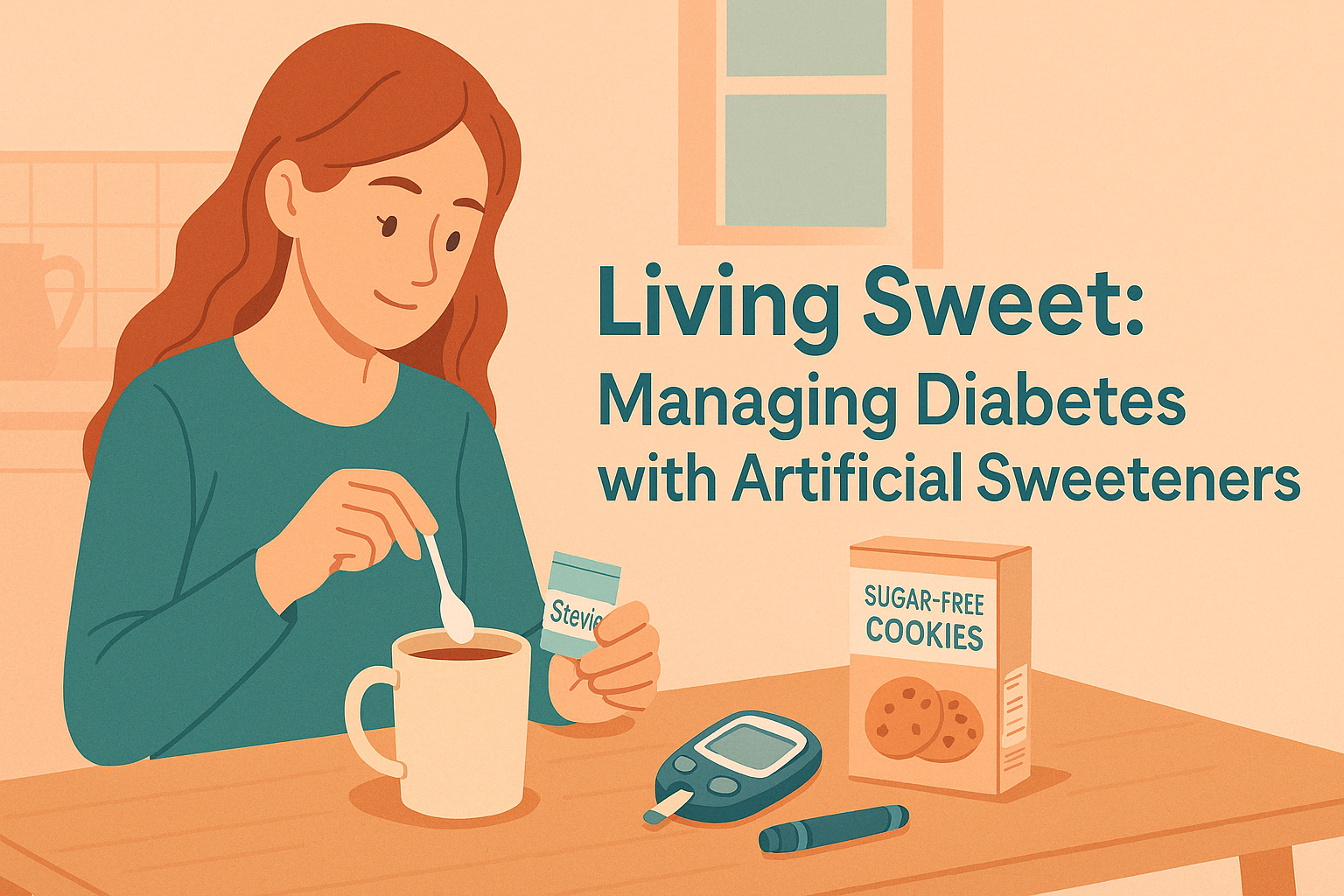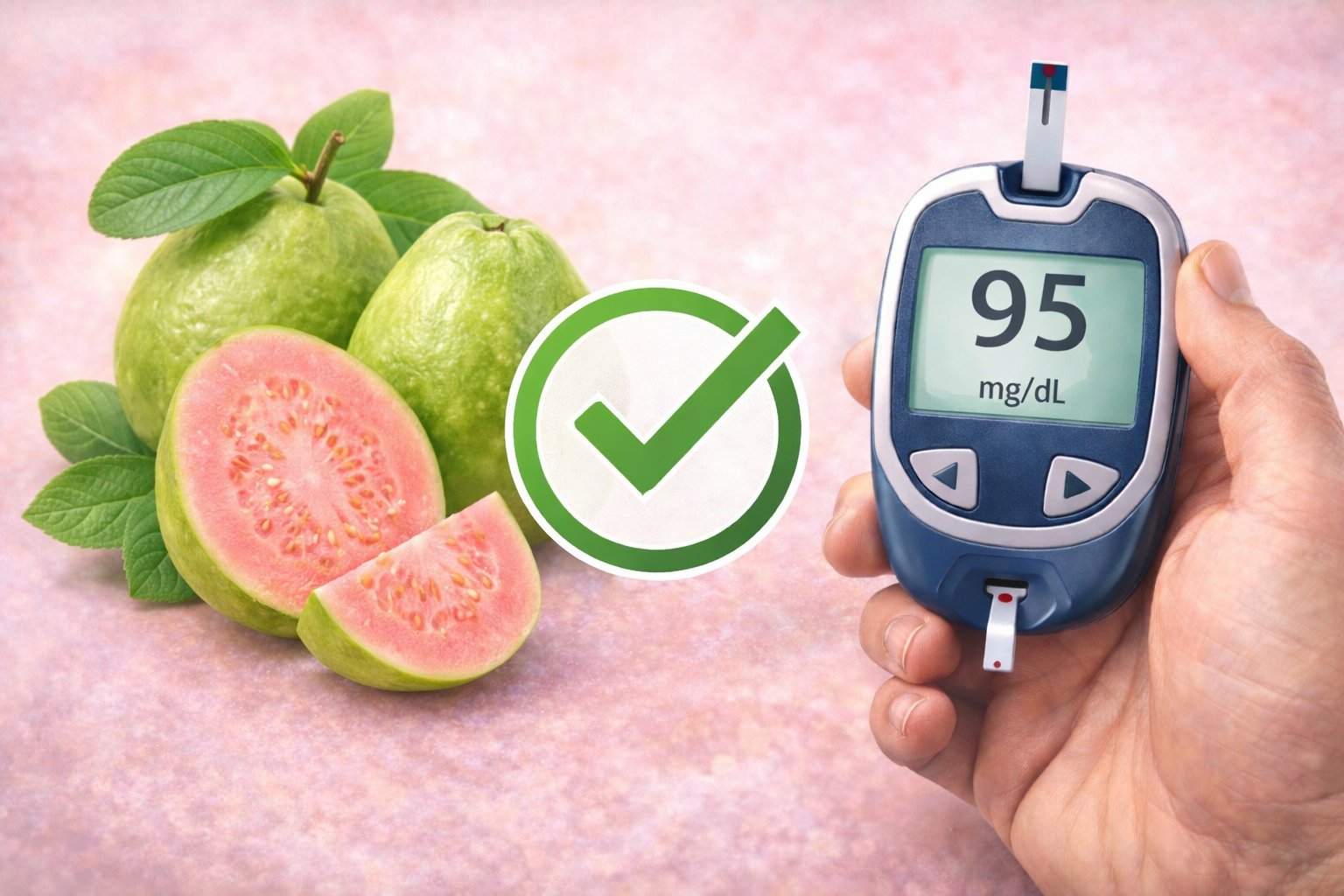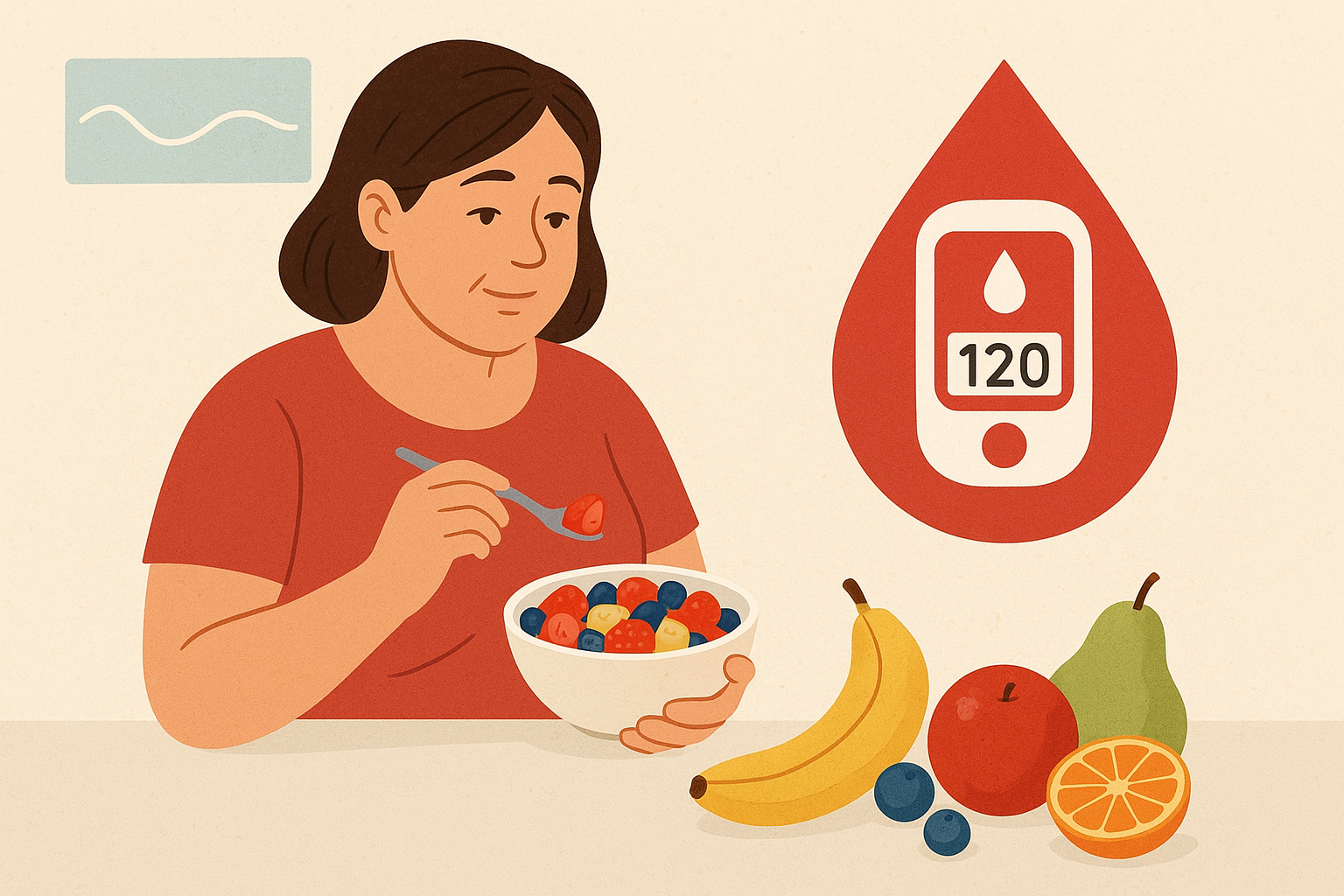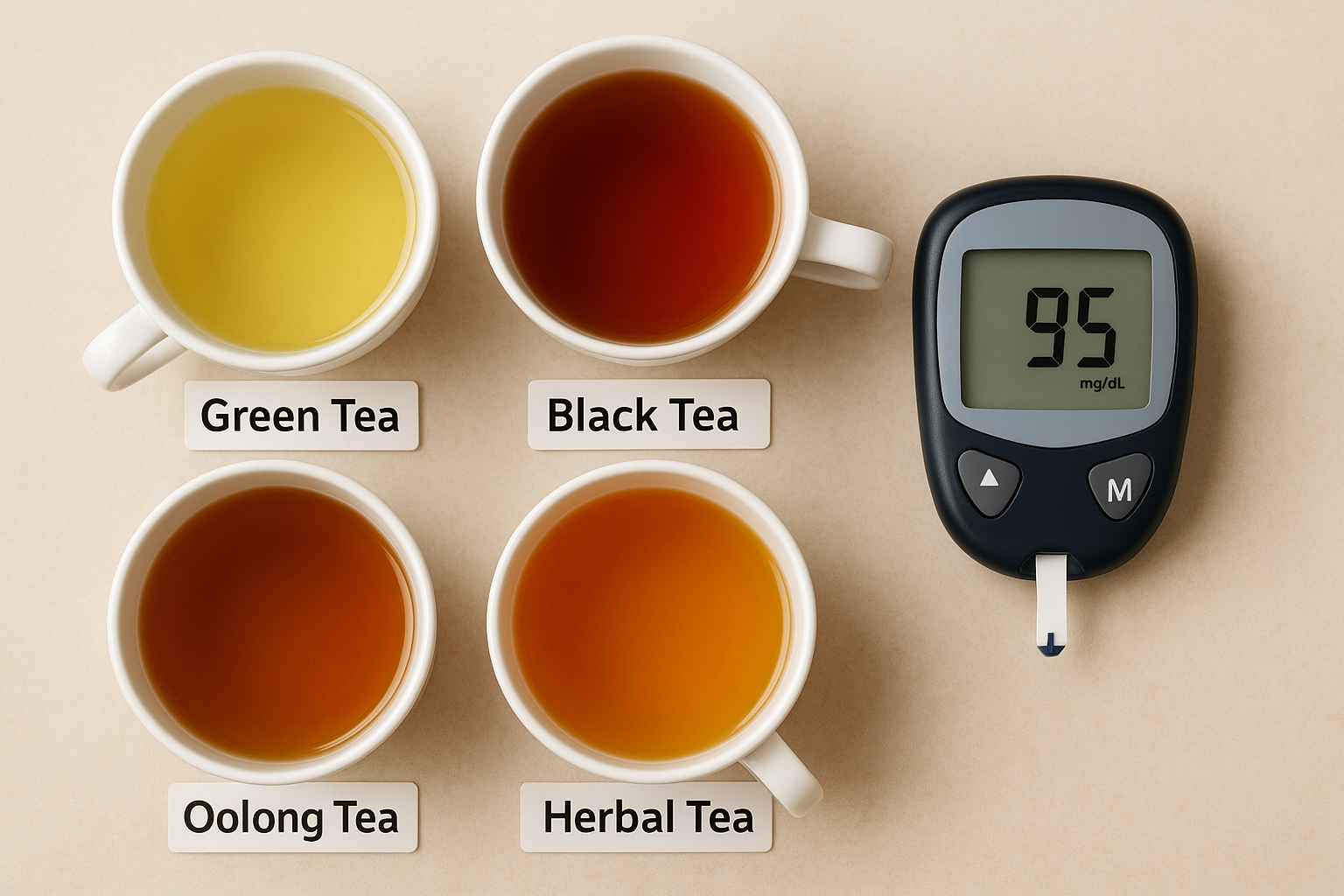Artificial sweeteners have become a common substitute for sugar in everything from diet sodas to sugar-free snacks. Promoted as low-calorie alternatives, these sweeteners promise the same taste without the guilt. But how safe are they really? Let’s dive into the science and the potential health risks behind artificial sweeteners.
What Are Artificial Sweeteners?
Artificial sweeteners are synthetic sugar substitutes that are many times sweeter than regular sugar. Common examples include:
- Aspartame (Equal, NutraSweet)
- Sucralose (Splenda)
- Saccharin (Sweet’N Low)
- Acesulfame potassium (Ace-K)
- Neotame
- Advantame
They’re often found in “diet” or “sugar-free” products and are widely used in processed foods and beverages.
Why People Use Artificial Sweeteners
Artificial sweeteners offer several appealing benefits:
- Weight Management: They contain little to no calories.
- Blood Sugar Control: They do not raise blood glucose levels, making them popular among diabetics.
- Dental Health: Unlike sugar, they do not contribute to tooth decay.
However, despite these advantages, growing concerns have emerged regarding their long-term health effects.
Potential Health Risks of Artificial Sweeteners
1. Digestive Issues
Some artificial sweeteners, especially sugar alcohols like sorbitol and xylitol, can cause bloating, gas, and diarrhea when consumed in excess. These ingredients are often found in sugar-free candies and gum.
2. Metabolic Health and Weight Gain
Ironically, several studies suggest that artificial sweeteners might not help with weight loss at all. Some research links them to increased appetite, altered gut microbiota, and even higher risks of metabolic syndrome.
Did you know? A 2022 study published in Nature found that some artificial sweeteners can change the composition of gut bacteria, potentially affecting glucose tolerance.
3. Increased Risk of Heart Disease and Stroke
A large-scale study from the American Heart Association in 2023 reported a possible link between high consumption of artificial sweeteners—particularly aspartame and sucralose—and increased risks of stroke and heart disease. While not conclusive, these findings suggest caution.
4. Cancer Concerns
This is perhaps the most controversial area. In the 1970s, saccharin was linked to bladder cancer in rats, but later studies in humans found no clear evidence of cancer risk. The World Health Organization (WHO) recently classified aspartame as “possibly carcinogenic to humans” based on limited evidence.
⚠️ It’s important to note that “possibly carcinogenic” does not mean it causes cancer—it means there is some evidence, but not enough to be certain.
Should You Avoid Artificial Sweeteners?
Moderation is key. Regulatory bodies like the FDA and EFSA have deemed most artificial sweeteners safe when consumed within daily intake limits. However, if you experience side effects or are concerned about long-term risks, you might consider natural alternatives such as:
- Stevia
- Monk fruit extract
- Raw honey (in moderation)
- Maple syrup
These alternatives may offer a more natural option, though they too should be used mindfully.
Final Thoughts
Artificial sweeteners can be a useful tool for reducing sugar intake, especially for people managing diabetes or trying to lose weight. However, emerging research suggests that over-reliance on these substances may come with health risks. As with many things in nutrition, balance and awareness are crucial.
Tip for Consumers: Always read nutrition labels and try to reduce your dependence on overly processed foods, whether sweetened with sugar or substitutes.





Very informative indeed
jazak Allah
Artificial sweeteners are widely used as a sugar substitute in various diet products and snacks. While they offer low-calorie benefits, there are growing concerns about their long-term health effects. Studies suggest they might not aid in weight loss and could even increase health risks like metabolic syndrome. Additionally, some research links high consumption of certain sweeteners to increased risks of stroke and heart disease. Should we reconsider our reliance on artificial sweeteners given these potential risks?
it might be wise to reconsider our heavy reliance on artificial sweeteners — not necessarily eliminate them completely, but approach them with the same moderation we now apply to sugar.